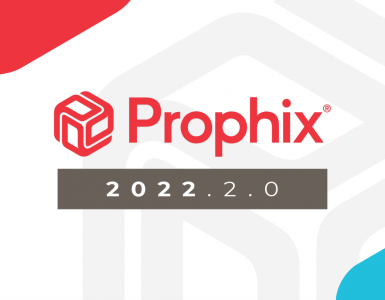Modern planning and budgeting
This August and September, many companies will be kicking off their annual budgeting cycle for the upcoming fiscal year. Management accountants know what that means: major work, coordination, overtime and even frustration, just like every year. But does it really have to be that way? BARC analyst Dr. Christian Fuchs offers up some practical tips on how to improve your planning.
To successfully manage and steer your business ahead, you need to know where you are headed in the first place. Many companies are currently kicking off the next budgeting cycle, and setting their destination and course for the coming fiscal year. Is yours underway as well?
Planning processes are problematic in many companies
Studies over the past few years have shown that planning and budgeting processes are problematic in many companies. As an analyst at BARC for over eight years, I have witnessed the same problems occurring again and again when it comes to budgeting. BARC’s 2015 survey of over 250 advanced planning users summarizes it best. Planning and budgeting processes are frequently too …
• poorly integrated,
• long,
• resource-intensive,
• detailed,
… and they produce unsatisfactory results.
Nonetheless, many companies still understand the importance of traditional planning processes and few are willing to do away with planning and budgeting entirely, for example, as part of a “beyond budgeting” concept. Indeed, this more radical approach has yet to prove its worth in real-world scenarios. Planning has become an increasingly important instrument for measuring performance for many companies – especially in today’s volatile economic and political times marked by crises, future uncertainty and strong global competition.
Planning processes must be more efficient and effective
While the importance of planning is growing, many employees are still frustrated and stressed just thinking about the upcoming budgeting cycle and the problems associated with it. To my mind, this indicates that many organizations need to rethink their planning processes and ensure they are using appropriate software tools to manage them effectively.
So how can you truly improve planning? Improvement means constantly questioning your content, procedures and processes. The focus here should be on efficiency and results. More efficient planning often requires a change in thinking and a clean break from traditional procedures.
Modern planning approaches and solutions can help improve, simplify and, therefore, increase the quality of planning. Empirical research shows that you can improve planning using modern approaches, such as:
• integrated enterprise planning,
• driver-based planning,
• simulation, or
• clearly defined planning premises.
Specialist planning tools ensure the best possible implementation of these modern approaches. Just be sure to carefully evaluate and select the right tools for your company’s needs. Excel may be everywhere, but that doesn’t automatically make it the best tool for planning! Last but not least, improving planning means being open to new things:
• Self-service solutions to increase agility, flexibility and usability for business users,
• mobile solutions and other “barrier-free” options to enter budget data, or
• cloud solutions to use planning solutions via the Web.
These are just a few of the modern approaches to consider. Assess them carefully to see what benefits they could bring to your company.
Your guide to better planning
My latest research note, “Your Guide to Better Planning”, summarizes many different aspects of modern planning and budgeting. Thanks to sponsorship from Prophix, this research is now available free of charge. You’ll learn more about the benefits of modern planning methods, the advantages of specialist planning solutions and the potential of current technologies and trends. I am convinced that if you take these tips to heart, you will improve your planning and be able to look forward to getting home on time, sleeping well, and enjoying (!) this and many more late summers to come. Download your free copy here.






